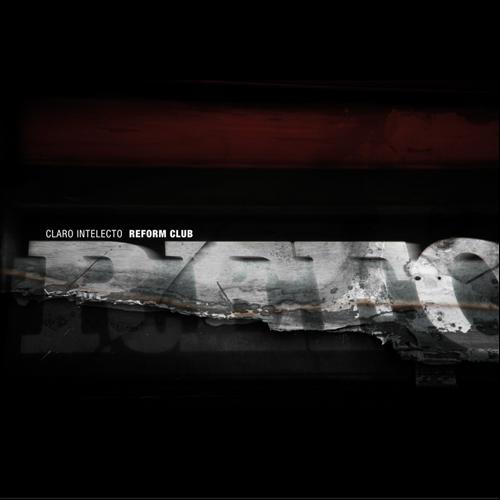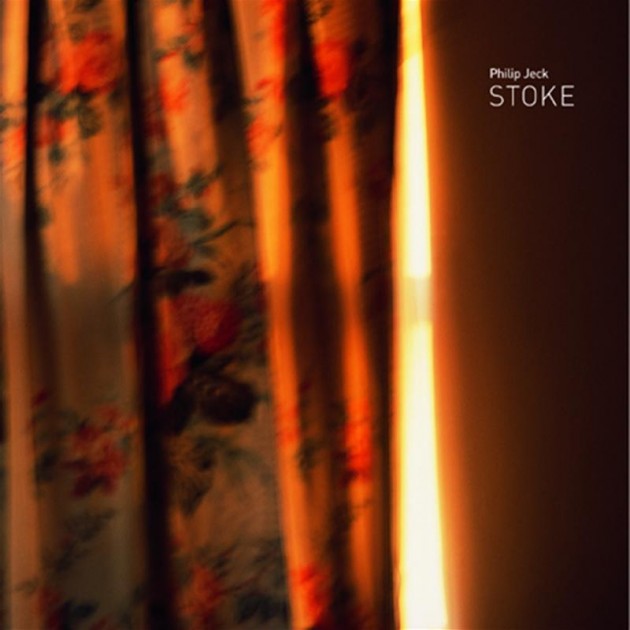In Analogs, we’ll be taking a look at two records that share some interesting parallels to an album out that week. Whether it be an album from 50 years back that bears some quiet influence, or an under-appreciated record from last week, if you like the record in question, you’re sure to like its Analogs.
This week we’re looking at analogs to Andy Stott’s Luxury Problems. Be sure to check out our review.
Philip Jeck – Stoke
I have a friend who likes to refer to Andy Stott’s most recent material as “if Philip Jeck went techno.” He’d be the first to admit it’s ultimately a little reductive, but there’s something to the comparison. There’s something kind of exciting about it too. Jeck is an experimental turntablist who creates gigantic, overlapping ambient and drone collages using nothing but looped vinyl and the results often strike a simliar chord as Stott’s ultra compressed, iron lung synth rotations and growling machine bellows. There’s analog density and animal tenacity to both men’s work as well. As if the whole malaise were carved out of rock and metal and savaged carcasses. Stokeis perhaps Jeck’s most dynamic release. With the impenetrable, rough-hewn “Above” and the mournfully decayed “Lambing,” you can almost imagine these sprawling masses being crushed beneath Stott’s relentless, meaty kicks. I should also mention “Pax,” in which Jeck sets up, maybe, ten turntables in one room and has them loop the same dusty, echoing soul sample, just a vocal and an organ, at different speeds to create a tear-worthy, ambient ballad. It’s incredible and beautiful, and worth the price of admission alone, even if it’s the least helpful in making my case.
Claro Intelecto – Reform Club



